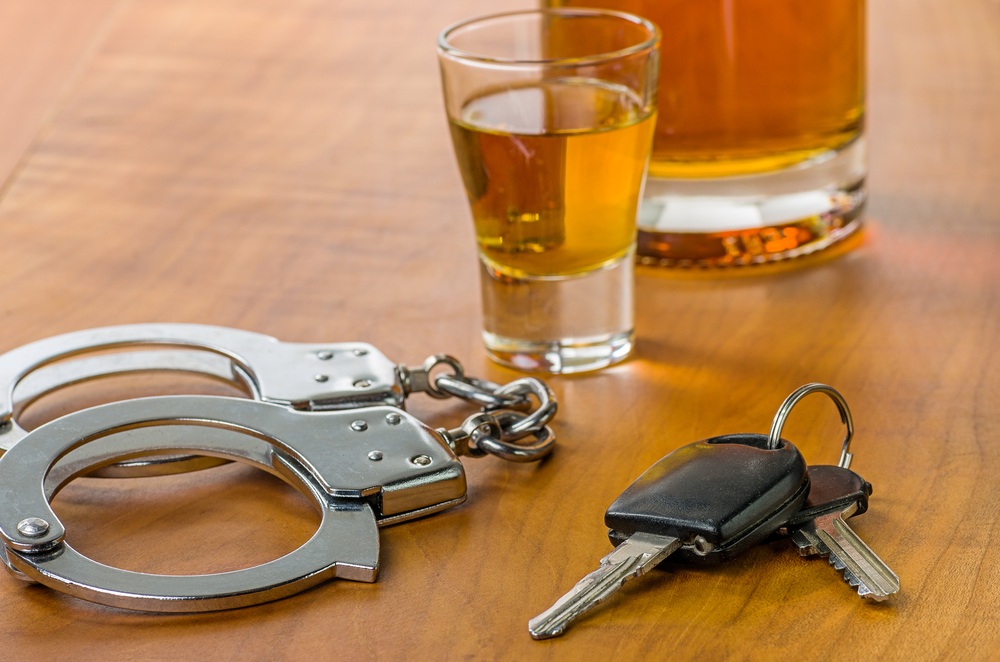DUI, or driving under the influence, kills thousands of people in the United States every year. Florida’s share of these casualties is considerable: according to the Fatality Analysis Reporting System (FARS), there were 8,476 DUI-related fatalities in the state between 2003 and 2012. Strong public backlash against those accused of drinking and driving has resulted in the passage of harsher state laws that can significantly impact the rest of your life.
Below is a list of the various ways that a DUI conviction can limit your prospects and even your freedom, long after you’ve paid your fine or served your sentence.
You Could Go to Jail
In Florida, even a first-time offender risks going to jail for DUI. You could spend up to a year in custody, pay a fine of $600 to $1200, or both. There is also a 90-day suspension of your driver’s license. From there, the penalties and amount of time you could spend in jail only increase. A fourth or subsequent conviction is a Class C felony that can take away your license for five years and your freedom for up to 10 years.
Your Employment Opportunities May Be Limited
Many employers will not hire you if you have a DUI conviction on your record, particularly in certain industries that require you to operate heavy machinery or a motor vehicle. Your record will be perceived as evidence that you are a potential safety risk. Their reasoning is that if they do hire you and someone is hurt as a result, the company could be sued for knowingly hiring someone with a DUI on their record. The employer’s insurance rates could also go up. It’s simply easier (and in their eyes, safer) for a hiring manager to select another applicant.
Your Education Prospects Narrow
When you apply for admission to a college or university, you will likely be required to list any arrests or convictions. If you have only one DUI conviction, some schools may accept you if you show evidence of having completed a drug and alcohol counseling program. Others may just simply refuse your application. If you have been arrested and/or convicted of multiple DUIs, your prospects for a quality education narrow accordingly.
Denial of Financial Aid and Scholarships
Several federal scholarship and financial aid programs will deny assistance to prospective students with felony DUI convictions. Private programs will each have their own rules for acceptance, although most of them will deny anyone with a felony conviction.
You May Lose a Professional License
If you work in a profession that requires you to hold a license (e.g. attorney, doctor, nurse, electrician, plumber), you may be required to report a criminal arrest or conviction. If you fail to do so, the license may be revoked or suspended. For some professions, a DUI conviction could prevent you from receiving a license in the first place.
The consequences of a DUI conviction in Florida are too great to leave to chance, so if you are arrested, contact Patrick McGeehan immediately. Mr. McGeehan has years of experience in defending those who have been accused of driving under the influence, and will use his experience and insights to both protect your rights and defend your future.
